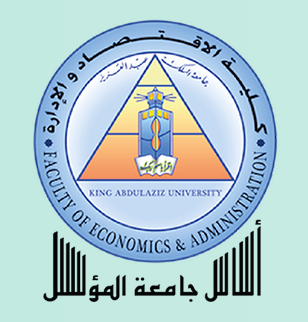Abstract
Mass tourism is a significant and rapidly expanding sector worldwide; however, it has resulted in numerous negative impacts. Therefore, this study proposes and evaluates an economically viable solution to mitigate these negative impacts. The proposed solution is a digital marketplace that allows local residents to offer freebie e-coupons to tourists at overcrowded locations. To assess this marketplace, an extended model of the Technology Acceptance Model (TAM) is designed as a conceptual framework. This model fills a gap in existing literature by focusing on factors that can impact socially and environmentally conscious tourists. To collect the required data, an online questionnaire survey was conducted among purposively sampled individuals with travel experience, which may have had a negative impact on the generalizability of the findings. The study found that all external factors, including perceived usefulness, perceived ease of use, trust, perceived sustainability, and altruism, positively influenced behavioural intention. As this study employed a cross-sectional design, therefore, future research should consider implementing longitudinal studies to validate and expand upon these findings. Furthermore, this study utilises numeric data and applies structural equation modelling (SEM) for inferential analysis. This analytical approach can aid in generalising the findings to the broader tourism sector.
First Page
1
Last Page
20
Recommended Citation
Noman, Raza
(2025)
"Digital Marketplace for Mitigating the Negative Impacts of Mass Tourism,"
Journal of King Abdulaziz University: Economics and Administration: Vol. 1:
Iss.
1, Article 1.
Creative Commons License

This work is licensed under a Creative Commons Attribution 4.0 International License.


